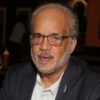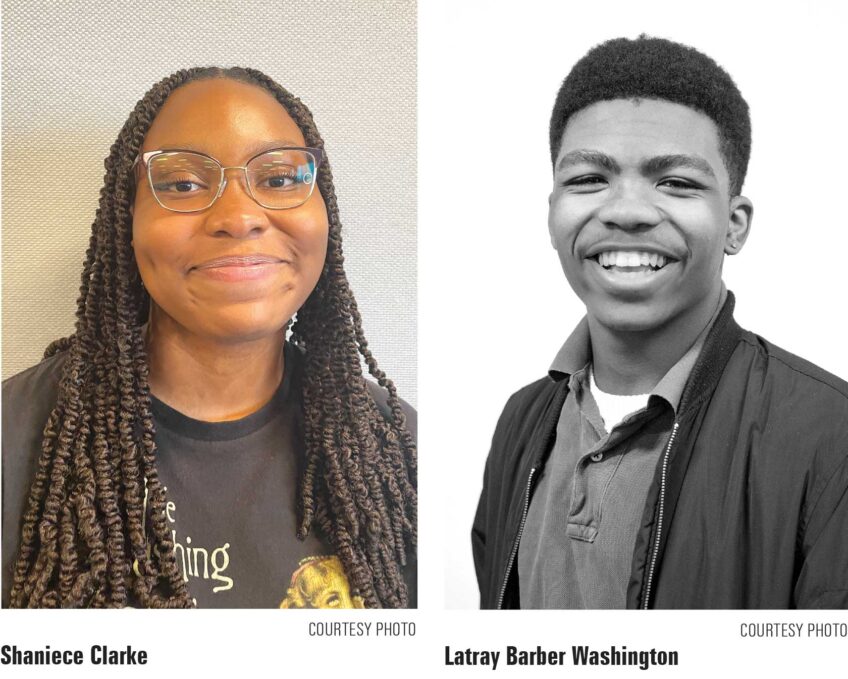
 As a 12-year-old boy, Eric Holder watched on a small black-and-white television in the basement home of his Barbadian parents in the Queens section of New York City as John F. Kennedy spoke to the nation. The young president’s speech on civil rights transformed Holder, who went on to become attorney general in the Obama administration, the first Black person to hold one of the most powerful cabinet positions.
As a 12-year-old boy, Eric Holder watched on a small black-and-white television in the basement home of his Barbadian parents in the Queens section of New York City as John F. Kennedy spoke to the nation. The young president’s speech on civil rights transformed Holder, who went on to become attorney general in the Obama administration, the first Black person to hold one of the most powerful cabinet positions.
“I felt as if he was speaking directly to me and about me, and he remains a hero to this day,” Holder said.
In that 1963 address from the White House, Kennedy spoke of the struggle to guarantee “Negro” civil rights, the most urgent domestic issue of that time. He urged an America divided over race to create a society where all citizens were afforded equal opportunity.
Sixty years later, Holder delivered the keynote address at the John F. Kennedy Library during an anniversary commemoration of the June 11, 1963 speech. A panel that included Massachusetts Attorney General Andrea Campbell, Urban League of Massachusetts President Rahsaan Hall, and Kimberly Atkins Stohr, a senior opinion writer at the Boston Globe who is also a lawyer, shared their reactions to Holder’s speech.
Holder highlighted Kennedy’s characterization of the struggle for civil rights as a moral issue as “old as the Scriptures and as clear as the American Constitution.” He marveled at the “boldness” of Kennedy’s remarks to the nation that night as the president asked, “Who among us would be content with their skin to be dark” if it meant the sacrificing of all rights of equality in this life?
On the day of Kennedy’s address, the University of Alabama for the first time was successfully integrated by Black students Vivian Malone and James Hood after Kennedy and his brother, Attorney General Robert Kennedy, federalized the state’s National Guard to overcome Governor George Wallace’s “segregation forever” stance in a campus doorway.
Holder appeared before a large gathering of Boston community leaders that included Suffolk County District Attorney Kevin Hayden, Middlesex County District Attorney Marian Ryan, retired Probate Judge Judith Nelson Dilday, consultant Carol Fulp, UMass Boston professors and students and students from nearby Boston College High School.
The former attorney general cited the irony of his own situation in 1990 when he married Dr. Sharon Malone, a Washington, D.C.-based obstetrician/gynecologist and the younger sister of Vivian Malone, who had integrated the University of Alabama.
Asked prior to her husband’s speech to comment on the significance of Kennedy’s address, Malone said, “It marked the first time a president spoke out definitively on the issue of civil rights.”
Holder reminded his audience that the morning after Kennedy’s speech, Medgar Evers, first secretary of Mississippi’s NAACP, was assassinated in the driveway of his Jackson home as he knelt to pick up the newspaper.
Holder concluded his speech by talking of the “righteous impatience” of James Baldwin, who had asked America, “How much time do you want for your progress?” Holder left his audience with the challenge to provide “the leadership and moral courage worthy of President Kennedy” and to “keep his vision and legacy alive.”







